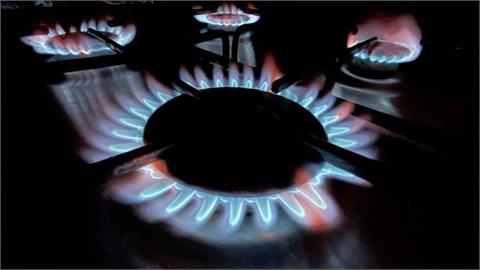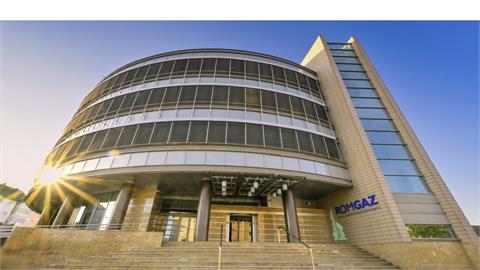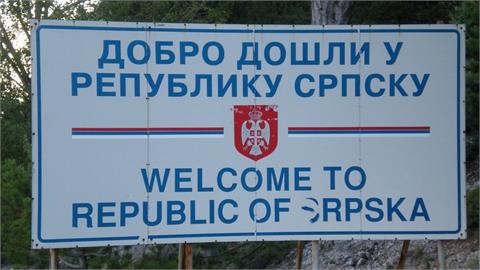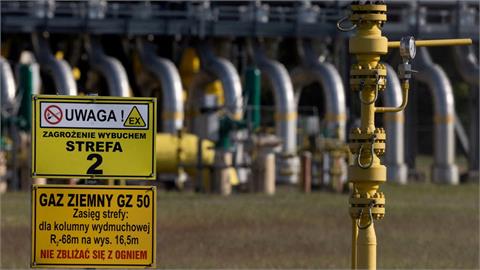US President Donald Trump’s administration on Monday imposed sanctions on its NATO ally Turkey over its purchase of a Russian air defence system, setting the stage for a further confrontation between the two nations as President-elect Joe Biden prepares to take office.
 Turkish
leader Recep Tayyip Erdogan has dismissed US concerns about the missile
system, even as Washington warned of ‘serious consequences’ [Turkish
Presidency via AP]
Turkish
leader Recep Tayyip Erdogan has dismissed US concerns about the missile
system, even as Washington warned of ‘serious consequences’ [Turkish
Presidency via AP]
"Turkey nevertheless decided to move ahead with the procurement and testing of the S-400, despite the availability of alternative, NATO-interoperable systems to meet its defence requirements,” he said in a statement.
"I urge Turkey to resolve the S-400 problem immediately in coordination with the United States,” he said. "Turkey is a valued ally and an important regional security partner for the United States, and we seek to continue our decades-long history of productive defence-sector cooperation by removing the obstacle of Turkey’s S-400 possession as soon as possible.”
The Turkish defence ministry rejected claims that the S-400 systems will jeopardise NATO systems. "President Trump himself has admitted on many instances that Turkey’s acquisition was justified,” the ministry said in a statement.
It said Turkey "will retaliate in a manner and timing it deems appropriate” and urged "the US to reconsider this unfair decision”.
The US sanctions target Turkey’s Presidency of Defence Industries, the country’s military procurement agency, its chief Ismail Demir and three other senior officials. The penalties block any assets the four officials may have in US jurisdictions and bar their entry into the US. They also include a ban on most export licences, loans and credits to the agency.
 Military
vehicles and equipment, parts of the S-400 air defence systems, are
unloaded from a Russian transport aircraft, at Murted military airport
in Ankara, Turkey on July 12, 2019 [File: Turkish Defence Ministry via
AP]
Military
vehicles and equipment, parts of the S-400 air defence systems, are
unloaded from a Russian transport aircraft, at Murted military airport
in Ankara, Turkey on July 12, 2019 [File: Turkish Defence Ministry via
AP]
However, in past months Turkey has moved ahead with testing of the system drawing criticism from Congress and others who have demanded the sanctions be imposed under the Countering America’s Adversaries Through Sanctions Act, or CAATSA, which mandates penalties for transactions deemed harmful to US interests.
Coming about a month before Biden assumes office, the sanctions pose a potential dilemma for the incoming administration, although the president-elect’s team has signalled it is opposed to Turkey’s use of the S-400 and the disunity within the NATO it may cause.
Russia’s Foreign Minister Sergei Lavrov on Monday condemned US sanctions on Turkey over the purchase of Russia’s S-400 air defence system as "illegitimate”.
"This is, of course, another manifestation of an arrogant attitude towards international law, a manifestation of illegitimate, unilateral coercive measures that the United States has been using for many years, already decades, left and right,” Lavrov said, according to Russian news agencies.
Last month, Turkish Defence Minister Hulusi Akar said Turkey was prepared to discuss with the US its "anxiety” over the interoperability of the S-400s and the F-35s. The US reacted coolly to the suggestion and Pompeo shortly thereafter pointedly did not meet any Turkish government officials on a visit to Istanbul.
Turkey tested the missile defence system in October for the first time, drawing a condemnation from the Pentagon.
Ankara says it was forced to buy the Russian system because the US refused to sell it American-made Patriot missiles. The Turkish government has also pointed to what it considers a double standard, as NATO member Greece uses Russian-made missiles.



